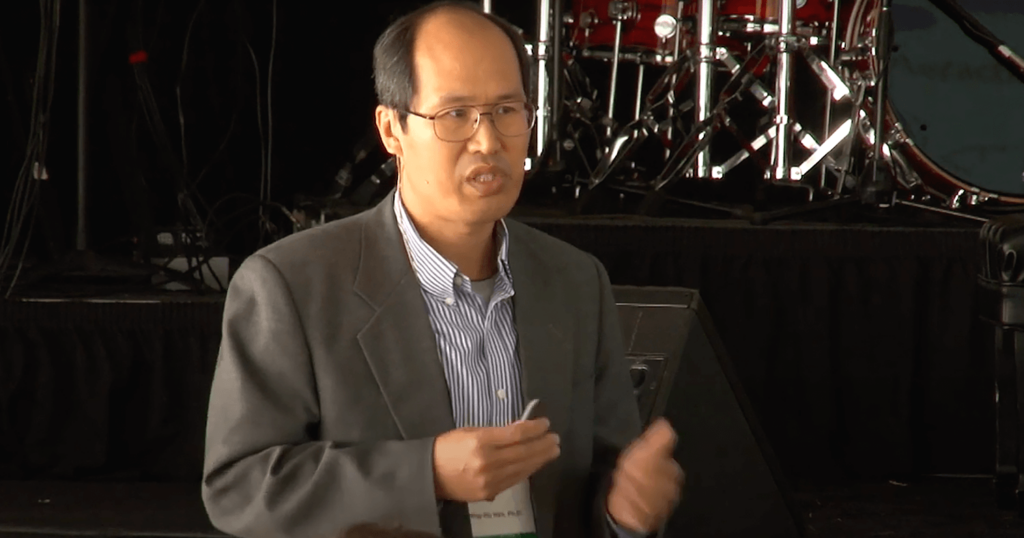Ming-Hu Han’s Lab Finds a New Brain Pathway to Regulate Depression

New experimental depression therapies such as ketamine and deep brain stimulation can relieve symptoms extremely rapidly (sometimes within seconds). How might such fast therapies work? A team led by Dr. Ming-Hu Han, winner of the Johnson & Johnson / One Mind Rising Star Award, has taken steps toward possible explanations.
Dr. Han and his team have published a paper in Nature that advances our understanding of how and why mice get depressed under stress, and how they can be rapidly “cured”. In previous research, Dr. Han’s lab demonstrated that mice susceptible to depression exhibited abnormally fast firing of dopamine neurons in the ventral tegmental area (VTA), part of the brain’s reward system, after repeated stressful social encounters. As their new paper explains, when his team artificially induced this rapid dopamine firing in resilient mouse brains, they watched in real time as these mice became susceptible to depression under stress. These mice began to avoid social encounters, and lost interest in drinking a sugary solution when offered. The team then discovered that this neural mechanism only creates susceptibility when its signals project to the nucleus accumbens, the brain’s pleasure center. When Dr. Han’s team inhibited this projection, they found that the susceptible mice became resilient, showing healthy sociability and interest in sugar solution. In addition, they also demonstrate that its projection to the prefrontal cortex, another key emotion-related brain region, had opposite neuronal activity and function.
The team concludes, “Our projection-specific findings thus provide new insights into the complex role that VTA dopamine neurons have in an individual’s adaptations to repeated stress and the development of depression-like behavioral abnormalities.” Continued research may reveal practical therapeutic targets based on this understanding.
Your donation helps One Mind launch promising early-career investigators and their innovative research through the Rising Star Awards. Make a donation today that will accelerate ground-breaking discoveries in brain illness.
